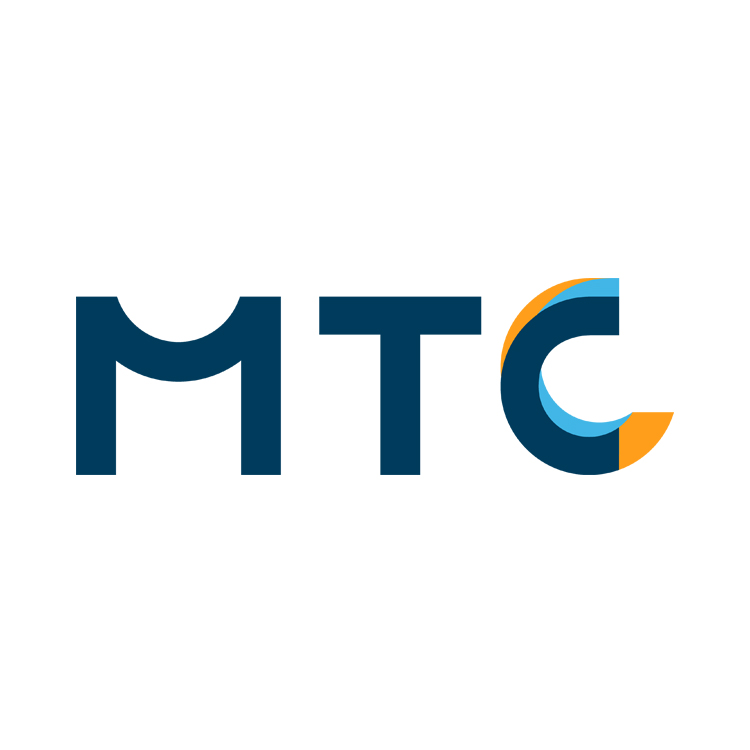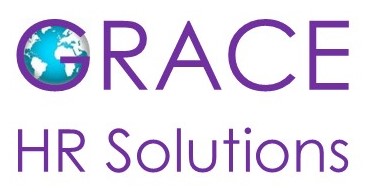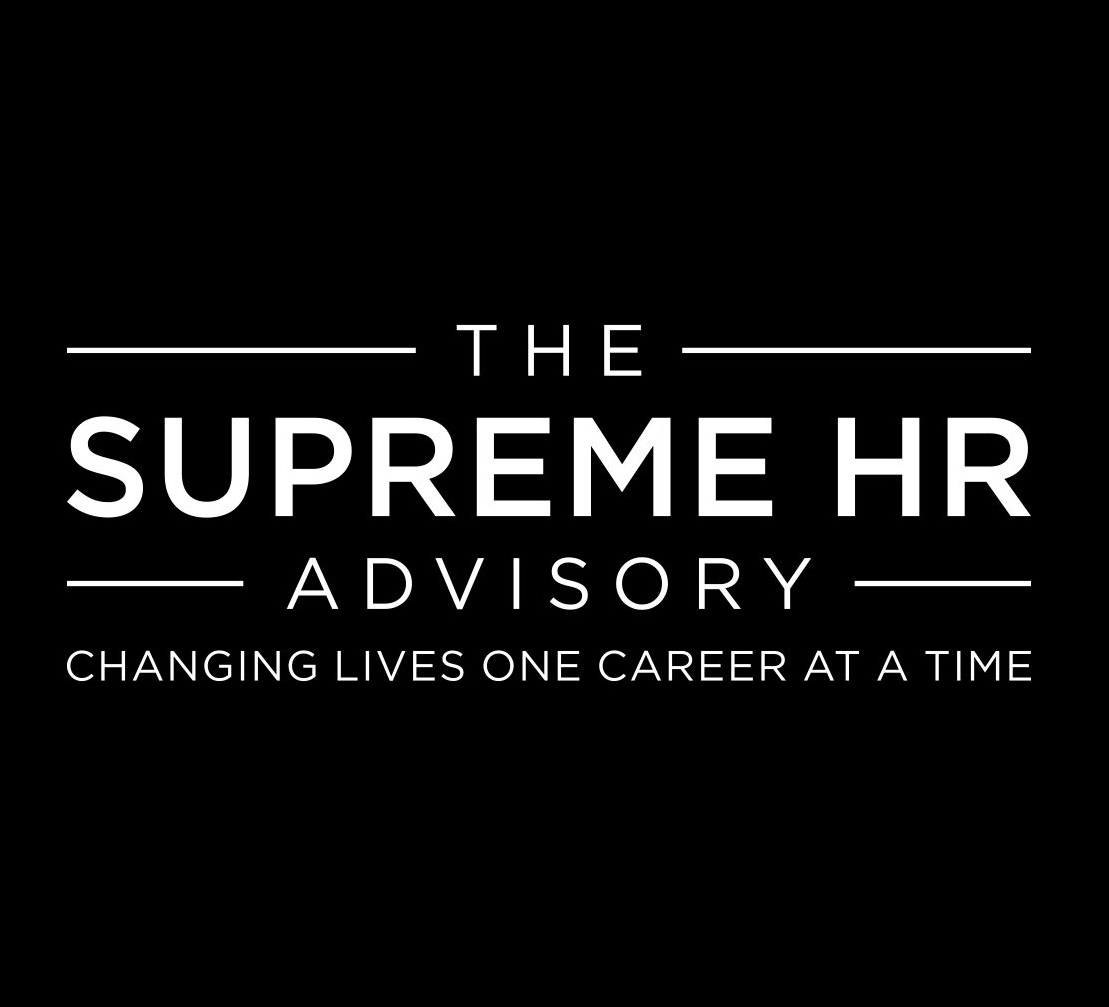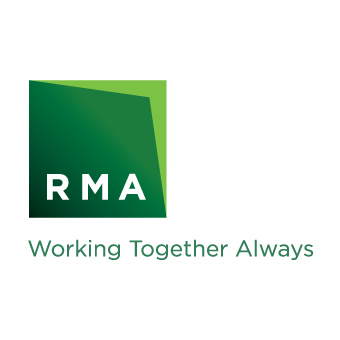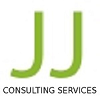Our client, a leading company in Singapore, is expanding. They value self-development, career progress and most importantly a healthy working culture. Join them in this exciting journey as a:
Project Engineer / Senior Project Engineer (ELV/ Security System)
- Co-ordinate and work closely with the external parties and customers to plan, organize and execute the project related activities.
- Assist the manager in engineering works such as system designing, documentation, testing & commissioning (T&C) for ELV and security systems.
- Plan and develop the project schedules in compliance with customer requirements, deadlines, and/or milestones; develop efficient mechanisms to track the project progression in the field and update the schedules regularly to ensure that the activities are progressed within the schedules timelines.
- Responsible for all work site activities such as coordination and supervision works related to engineering works and systems design.
- Ensure timely completion of all the assigned projects particularly the T&C schedules.
- Responsible for project management related activities which include attend work site meetings, job coordination, system designs etc.
- Ad hoc duties as assigned.
Requirements:
- At least a Diploma in relevant fields.
- Minimum 2 years of relevant experience.
- Knowledge in Security System and ELV Systems e.g. PA system, Fire Alarm System, CCTV system, Card Access, Structure Cabling & etc.
- Familiar with BIM (Navisworks) and/or AutoCAD.
- Able to manage project cycle independently with minimum supervision.
- Knowledge in underground cabling work will be an added advantage.
- Entry level candidates are welcome to apply.
Remuneration:
- $2,800.00 - $4,500.00 per month
Work Arrangements:
Please submit your updated and comprehensive CV to:
[email protected]
for a P&C discussion. Your CV should be updated and in MS WORD FORMAT ONLY (NOT PDF) with full career details, stating current or last drawn salary with full breakdown such as base, incentives, AWS, etc. and expected salary, contact details, educational qualifications, working experiences, reasons for leaving each past employment(s) and availability date.
For quicker processing, please indicate the position applied for on the subject header. We regret to inform that only shortlisted candidates will be notified. However, if you are not selected, we will explore other positions for you, in the near future. All applications will be treated with the strictest confidence.
What our client offers
Our client offers an attractive remuneration package, a fast-paced and exciting working environment and provides challenging opportunities for career advancement. They care about their employees. They are not just an employer. They are a Team. They do not just offer you a job, they offer you a career. By joining their team, you will find a strong purpose and deep meaning in everything you do. You will have the chance to make a real difference for customers, working alongside a passionate team of like-minded colleagues, while building your knowledge/skills and developing your career in a fun, dynamic and fast-growing organization.
Our client advocates fair employment practices, recruits talents based on merit and fit with their corporate values and complies with the Tripartite Guidelines on Fair Employment Practices (TGFEP), including the prevailing guidelines on recruitment. They are committed to achieving diversity and creating an inclusive working environment. They welcome all applications irrespective of social and cultural background, race, gender, age, religious belief or nationality.
Personal Data Protection Statement for Job Applicants
Please be informed that the personal data you provided by way of your job application to Grace HR Solutions will be collected, used and disclosed by or on behalf of Grace HR Solutions to determine or investigate your suitability, eligibility or qualifications for employment with Grace HR Solutions and/or its clients and manage your application for employment with Grace HR Solutions and/or its clients including identifying you as potential candidate for future suitable positions and/or notifying you of any such positions, either existing or in the future.
Thank You!
ANDY LUCAS | CEI No: R24123824 |
Grace HR Solutions | EA Licence No: 22C1305 |
UEN: 53456396A
Company Overview
Grace HR Solutions is a boutique professional recruitment consultancy involved in the recruitment of permanent, contract, and temporary positions. We are fully committed to achieving excellence in every assignment through leveraging our vast candidate pool, industry connections, and strategic insights. As the total recruitment and staffing solutions partner, our goal is to provide our Clients the best staffing solutions through an integrated database network supported by localized content and services. We strive to be efficient and effective in matching the right candidate to the right job. Reach out to us to discover even more about how we can help you with all your staffing needs or your own career
Job Type: Full-time
Pay: $2,800.00 - $4,500.00 per month
Schedule:
Location:
Work Location: In person

